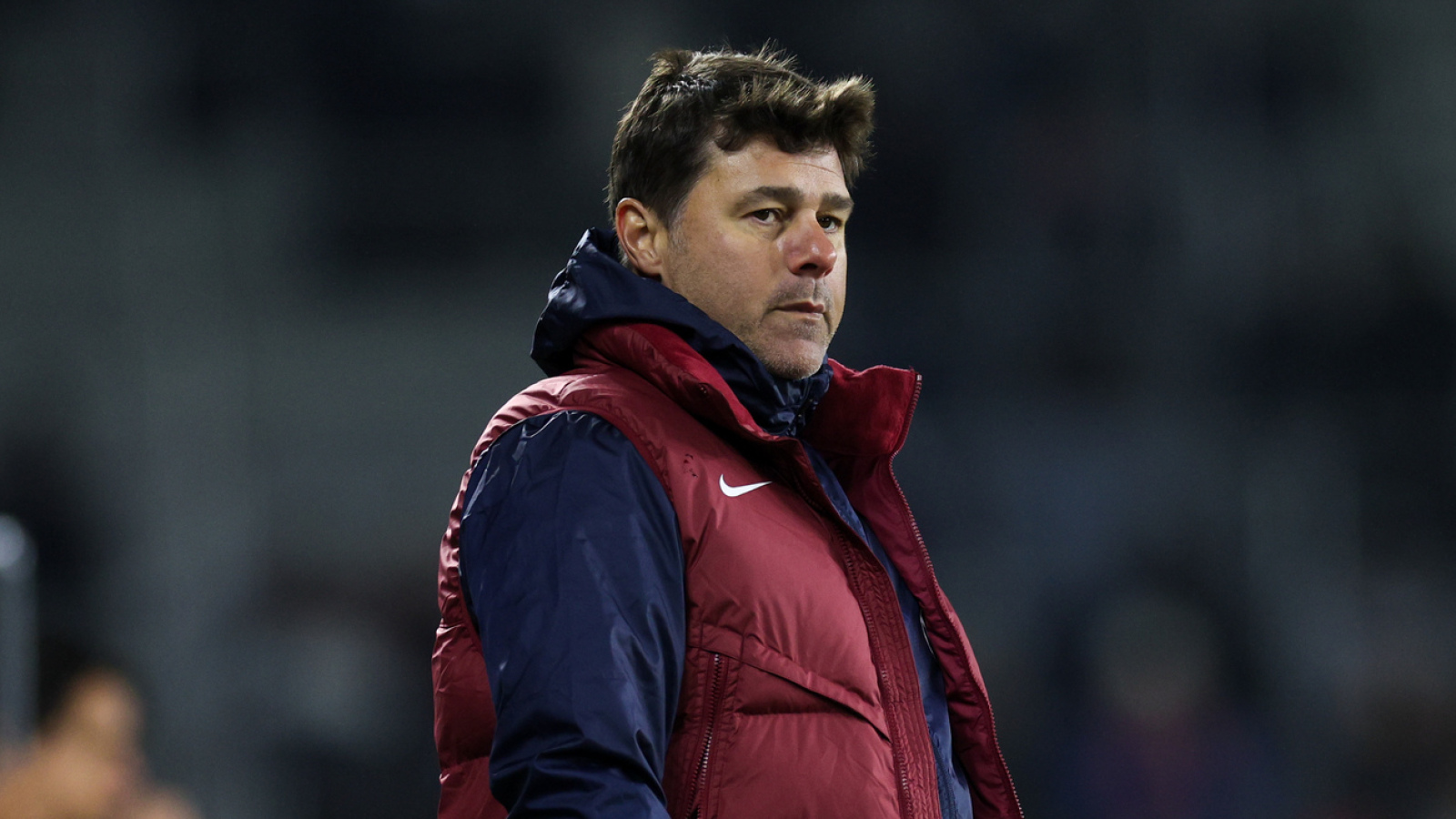With merely nine months separating the U.S. Men`s National Team (USMNT) from the global spotlight of the FIFA World Cup, the air is thick with anticipation and, for some, apprehension. While a `finished product` isn`t typically expected this far out, a clear vision, a cohesive strategy, and a team identity should certainly be taking shape. Instead, recent performances, notably a 2-0 defeat to South Korea in a friendly, suggest a team still very much in search of itself. It navigates a path that head coach Mauricio Pochettino has famously dubbed “organized chaos,” but the pressing question remains: is the chaos currently outweighing the organization?
The Pochettino Paradox: A Vision of `Organized Chaos`
Mauricio Pochettino`s tenure as USMNT head coach, now nearly a year in, has been defined by a consistent, almost relentless, philosophy of experimentation. His vision for the team, an ideal state of “organized chaos,” implies a fluid, unpredictable style that can dismantle opponents. Yet, the practical application often appears more chaotic than organized. With 14 different starting lineups in 17 matches, the Argentine`s approach has been one of constant flux, blending seasoned veterans with a rotating cast of fringe players vying for a spot on the World Cup roster. It`s a high-stakes workshop, where each friendly becomes a “sink-or-swim” trial for those attempting to prove their mettle on the international stage.
Statistical Anomalies and Uncomfortable Truths
Following the loss to South Korea, Pochettino highlighted the positives: the USMNT outshot their opponents 17-5 and boasted a significantly higher expected goals (xG) tally of 2.27 to South Korea`s 0.74. Statistically, one might argue the USMNT deserved more. However, football, much like life, rarely adheres strictly to statistics. Two first-half goals conceded, and an inability to convert numerous chances into tangible goals, ultimately sealed their fate. “We create more chances, we have the feeling that we controlled the game,” Pochettino stated, a sentiment that perfectly encapsulates the current predicament: a team that feels in control on paper but struggles to translate that into scoreboard dominance. It’s a recurring narrative that, frankly, is becoming rather tiresome for observers.
The Deep End: Vetting Players Under Pressure
Pochettino views these friendlies as crucial opportunities to vet inexperienced players, a process that is undoubtedly necessary for building depth. The debut of Tristan Blackmon against South Korea, for instance, offered a stark illustration of this trial-by-fire method. While noble in intent, throwing players into the deep end of international competition, particularly against top-tier opponents, often yields mixed results. Midfielder Tyler Adams, a core leader, empathized with the newcomers, candidly recalling his own less-than-stellar debut with the national team. He underscored the immense pressure and nerves that accompany playing for one`s country, a far cry from the comfort of a club environment. The challenge for the coaching staff is to foster cohesion while simultaneously assessing individual capabilities, a tightrope walk with the World Cup less than a year away.
Defensive Lapses and the Elusive Clinical Edge
The match against South Korea also shone a spotlight on long-standing defensive vulnerabilities. The absence of key figures like Chris Richards (due to injury) and Antonee Robinson (rested) exposed a discomfort in the backline. Sergino Dest, a player of undeniable attacking flair, demonstrated moments of defensive laxity, notably contributing to Son Heung-min`s opening goal. This issue extends beyond individual errors; the team`s collective defensive organization, or lack thereof, has repeatedly led to costly moments. Similarly, the inability to be “clinical in your own area and then in the opposite box” suggests a fundamental disconnect between creating opportunities and executing them, a lethal flaw in competitive football.
A Worrying Trajectory: The Clock is Ticking
The statistical trends painting an increasingly grim picture. The USMNT has been outscored 11-2 in their last seven first halves against top 25 opponents. Pochettino`s record against teams ranked in FIFA`s top 30 stands at a solitary win. This isn`t merely a Pochettino-era phenomenon; the struggle against higher-ranked opposition has been a persistent issue for the national team. The “valiant project” of experimentation, while justifiable in its initial stages, may now be overstaying its welcome. As Adams eloquently put it, “our rules got a little bit twisted,” leading to “chasing shadows.”
With each passing friendly, the luxury of boundless experimentation dwindles. The USMNT stands at a critical juncture. The quest for identity, cohesion, and a definitive playing style must accelerate. While the process of vetting talent is vital, the urgent imperative is to forge a unified team, not just a collection of individuals. The World Cup waits for no one, and the time for answers, not just questions, is rapidly approaching. The “organized chaos” must soon reveal its organized side, or risk becoming merely chaos on the biggest stage of all.

